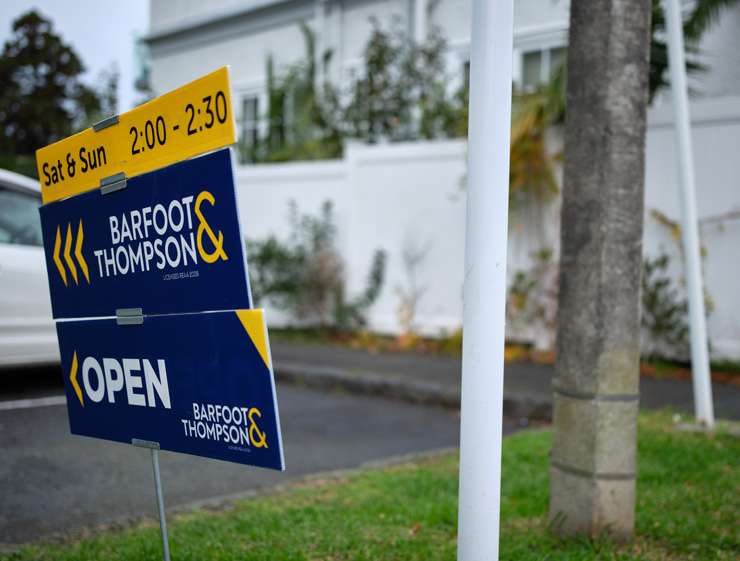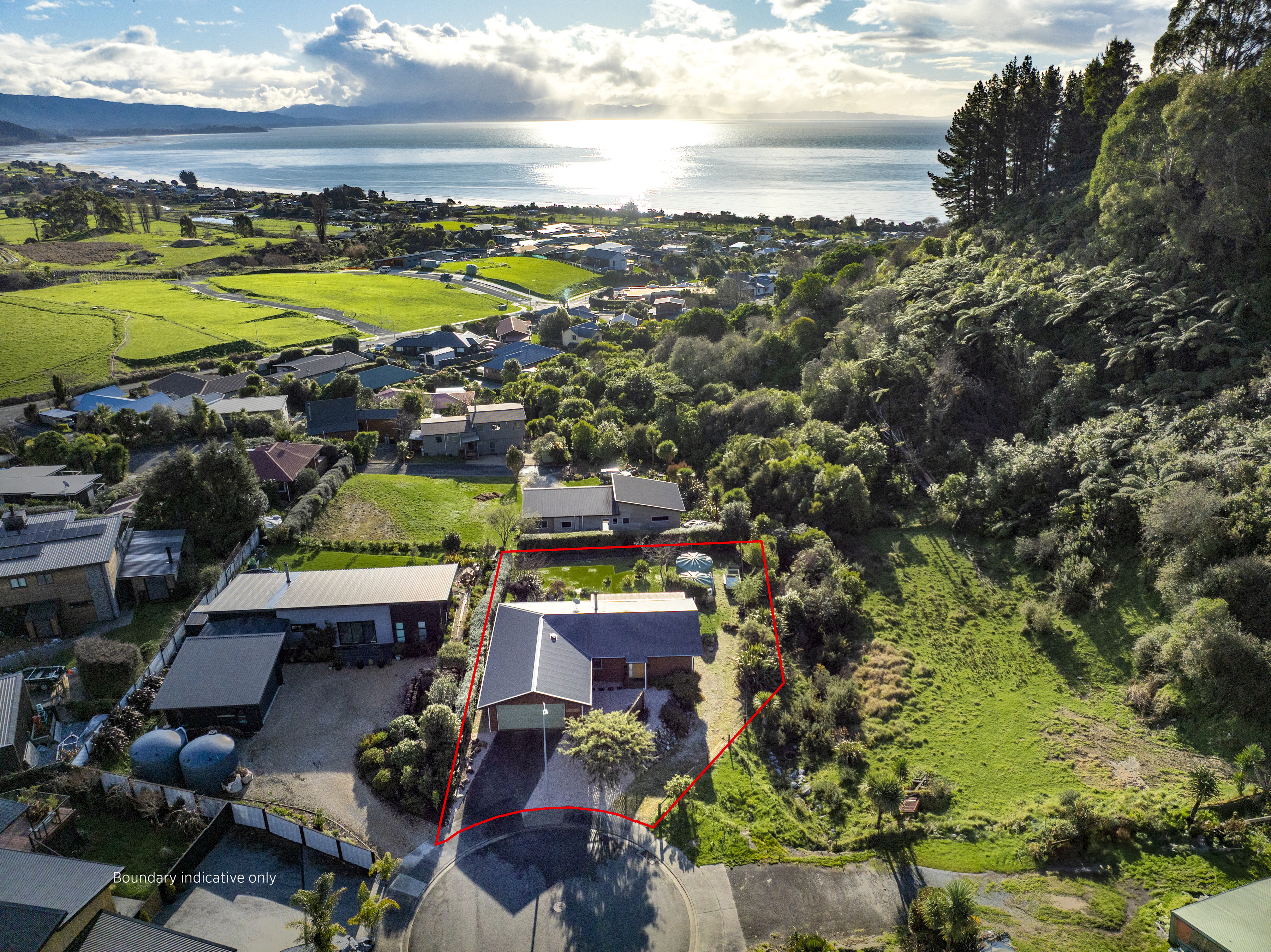OneRoof polled Auckland’s real estate leaders on what they thought the long-term impact of Covid-19 would be. Their answers shed light on what was a unprecedented time for real estate and provide buyers and sellers an idea of where the housing market might head in spring and summer.
Do you think the Covid-19 crisis will have a lasting impact on the real estate market?
Mike Bayley, managing director of Bayleys: Yes, predominantly in the way property is marketed and sold. Marketing will be far more technology-driven, particularly through the likes of virtual property tours and the live-streaming of auctions. The market had been gradually moving in this direction for some years but the innovations embraced during lockdown will become standard practice. Smaller real estate agencies with limited back office resourcing and support structures may struggle to deliver such services.
Start your property search
Carey Smith, chief executive of Ray White New Zealand: While the current selling conditions are strong, it remains extremely hard and uncertain to predict what may happen in the real estate market over the next six months, 12 months, and certainly the next few years. There are many economists predicting that property prices may decline over the next year or so. When you consider the two basic fundamentals that drive property prices — supply and demand — many are suggesting that supply may outweigh demand in the next six to 12 months and possibly longer, creating conditions less favourable for sellers. Right at the moment these fundamentals are not evident, giving strong reasons for sellers to come to market.
Peter Thompson, managing director of Barfoot & Thompson: The real impact is the uncertainty created in terms of future market direction. To owner-occupiers their home represents their biggest investment/asset. Naturally, people will be hesitant about committing when there is uncertainty, and when constantly conflicting opinions are being expressed.

A house for sale in Auckland post lockdown. Photo / Ted Baghurst
Barry Thom and Grant Lynch, directors of UP Real Estate: Covid-19 has had little impact on buyers, but a big impact on potential sellers. Buyers returned quickly and responded to any new offerings quickly, but sellers presumed it was a bad time to sell and consequently, have taken time to become convinced that it is safe to proceed.
Bryan Thomson, managing director of Harcourts New Zealand: There is currently a surplus of demand over supply, leading to competition between buyers in most markets and firm prices compared to pre-Covid times. Construction has slowed and housing supply was already behind demand. These factors, coupled with historically low interest rates, suggest that we can be confident about the resilience of the market.
Barry Grieve, national manager of LJ Hooker and Harveys New Zealand: We are all aware this will have an impact on the market as subsidies and mortgage holidays come to an end. Job losses will take their toll.
Mike Pero, director of Mike Pero Real Estate: Like most Kiwis, we were looking forward to a busy year — 2020 started so well. Who would have thought?
But I don't think the Covid-19 crisis will have a lasting impact on the market. We have picked up remarkedly well, but as we have seen surprises with other countries and second waves, we may see surprises with real estate. We should expect the unexpected.
What are your biggest concerns for the market in the months ahead?
Carey Smith: It continues to be turbulent times, both socially and economically, with various pressures on the market continuing to shape a changing environment. There continues to be a lot of speculative reporting in regards to the real estate market generally, and while this forecasting is mainly based on past data, we believe that having accurate real-time data is a more accurate platform for our clients and customers to make important decisions when considering their real estate needs.
Barry Thom and Grant Lynch: At the time of writing, market activity has returned with a vengeance. We have recorded our best month this year both in listings and sales. With Kiwis returning home in numbers, and mortgage interest rates at record lows, we would expect the residential market to have little downside, if any. Whether the current flurry of activity is sustainable, time will tell. Crunch time will be post-election, coinciding with the end of the wage subsidy and the effect of that on employment and sentiment generally.
Bryan Thomson: Myriad opinions promoted almost daily by, in many cases, self-appointed experts create confusion and often leads to inertia, with people putting decisions, and lives, on hold. Many opportunities are missed as a result and I advise people considering a real estate decision to speak with an experienced real estate professional who can back their advice with solid data.

Buyer demand is outstripping supply in some parts of the country, including Auckland. Photo / Ted Baghurst
Mike Bayley: Uncertainty in the residential property market. People take comfort from knowing, generally, what lies ahead. The fast-moving and never-before-seen nature of managing the country’s response to Covid-19 meant that life and circumstances changed, literally, on a daily basis. As such it was hard for many people to plan for their futures.
Peter Thompson: We will need to get beyond the next election before real certainty returns. At present there is too much conflicting information around to make an informed decision. While sales numbers declined during April and May, June sales were up on on the same period last year. This may be a false signal, and sales may well flatten. Those intending to buy or sell should react slowly to rumours, speculation and early sales numbers, and it’s best to make decisions based on time-horizons of five or seven years, not the next six months.
What gives you hope when it comes to the future of the market?
Bryan Thomson: We live in the safest, most beautiful country in the world. The current demand for housing outstrips supply, our banking institutions are sound and interest rates are low. We have significant numbers of Kiwis offshore looking to come home and purchase property, and we have a simple, effective and trusted ownership structure for real estate. Why wouldn’t you buy a home in New Zealand?
Mike Bayley: No matter what the market is doing, people will still need to make property transactions. As a result, there will always be a need for vendors and purchasers to seek the trusted advice and expertise of property marketing professionals working for agencies which have decades of experience in trading during times of economic uncertainty.
Peter Thompson: It’s possible to have an extremely positive view of the outlook for Auckland housing. Auckland will continue to grow — both in terms of population and in terms of it being a desirable place to live. The infrastructure under construction or planned will totally transform the Auckland of tomorrow.
Barry Thom and Grant Lynch: What gives me hope is how New Zealand sits on the international stage. New Zealand increasingly looks like a great place to live your life.
Carey Smith: With expats returning and interest rates at all-time lows and banks being supportive of property purchases, we are seeing many buyers wanting to take advantage of these factors. Obtaining secure credit on excellent terms while they are available is certainly influencing demand. This is not only the case with first-home buyers but across all sectors of the market. Fortunately, we continue to see confidence in buyers with job security working in industries not materially impacted by the current economic environment.
Mike Pero: So far so good. New Zealand is in a better position than most. Low interest rates and a track record to date which has been good.
- Interviews by Catherine Masters















































































